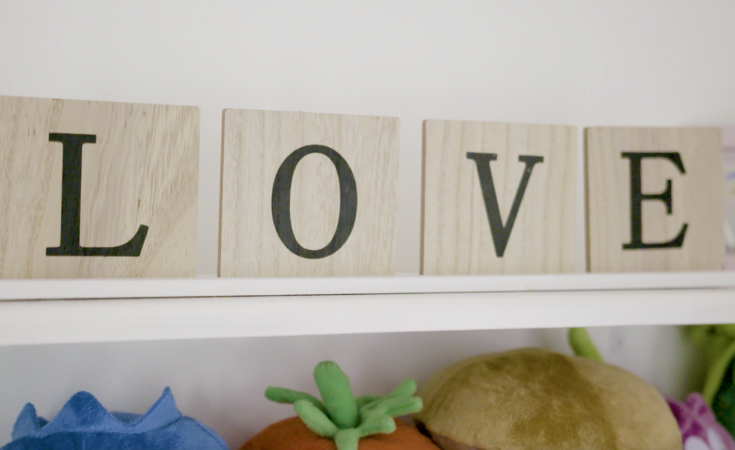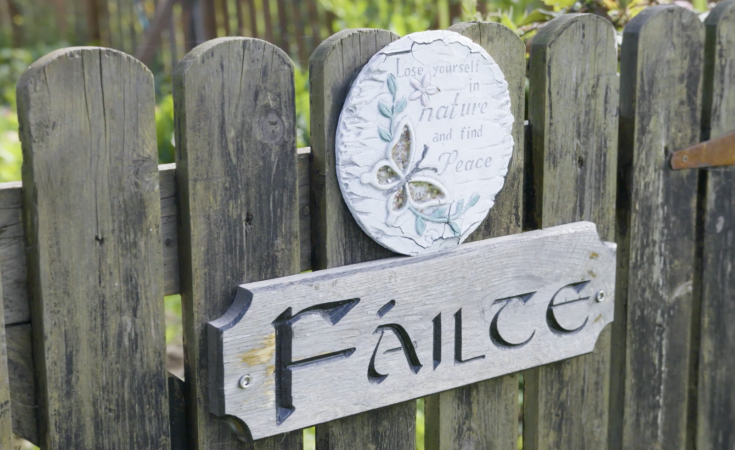Foster Care
Foster care is like having a family that is not related to you look after you.
Things to know about Foster Care
The House
A foster care house is a family home. You will live in a foster home that’s best suited to you. You’ll have your own bedroom but sometimes you might share your room if your brother or sister lives with you. You can bring your own personal stuff.
Foster Family
The parents are known as foster carers. Your foster carer will make sure you are safe and well looked after. It helps to talk to your foster carer - tell them what you like and don’t like. This will help them get to know you and help you settle in. There might be other young people living there too, they maybe other young people in care or they could be the foster carer's children. You should be treated like any other young person in the house.

Katelyn's Foster Care story
Listen to Katelyn's story and see how she got on in foster care.
The story of a foster carer
Listen to Karina talk about being a foster carer.

Sleepovers
It can be difficult to go on sleepovers at a friend’s house when you are in care. You need to have permission from your foster carer, your Social Worker and sometimes from your parents. If you want to go on a sleepover, talk to your foster carer or your social worker about this.
House Rules
Every foster family has different rules, just like any other family. It is a good idea to ask your foster carer about the rules in the house. As with any young person living in a family, sometimes rules are broken. But it’s important to know your foster carer is NOT allowed to harm you. If there are any issues - talk to your social worker.
School
You still have to go to school.

Coming into Foster Care
Victoria talks about coming into Foster Care and provides some advice for when first coming into care.
Your Social Worker
Your social worker and foster carers are responsible for looking after you. Your parents will also have a say in your care. Your social worker visits as often as needed to make sure everything is going well. You can arrange to talk to or ask for a meeting with your social worker anytime.

Your Care Plan
A Care Plan is put together for every young person when they come into care. It is a record of all important decisions made about you while you are in care; where you will live and who you will live with, where you will go to school, where and when you will meet your parents, brothers and sisters (if it is safe to do so) - this is called ‘access’, how your social worker will help you and other important parts of your life e.g. your health.
Your Child in Care Review Meeting
This is a meeting when the people who care for you come together to talk with you about how you’re getting on and review your Care Plan. The people at the meeting might be your parents or other family members, social worker, social work team leader, foster carers and other important people in your life. The meetings take place regularly and last for about one hour.

Trust your social worker, trust your foster carers and most importantly trust yourself.
Rebecca, age 15, Waterford
Privacy
Everyone does not have to know your story. However, your social worker or foster carer might have to pass on some things you say to other people e.g. if you are in danger.
Respite Foster Care
This is when you stay with a foster family for short breaks.
Supported Lodgings
This is another type of foster care for young people, to help you prepare for independence when you are older.

Meet a Child in Care Social Worker
Listen to Andrew talk about the work of a Child in Care Social Worker.


Foster care has helped me cause if it wasn't for my foster family I wouldn't be where I am today.
Bobby, age 13, Wicklow
Check out the National Standards for Foster Care
The government has a set of standards about living in foster care. This means that the care you get has to reach a certain level. This is to make sure that you are kept safe and cared for properly when you are in foster care, and that your foster family listens to what you have to say.


Complaints and Feedback
You have the right to have your say and be listened to. If you want to make a complaint or give feedback - talk to your social worker or email, call, text or WhatsApp.


